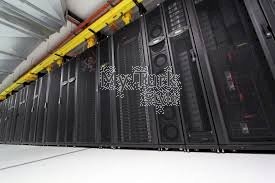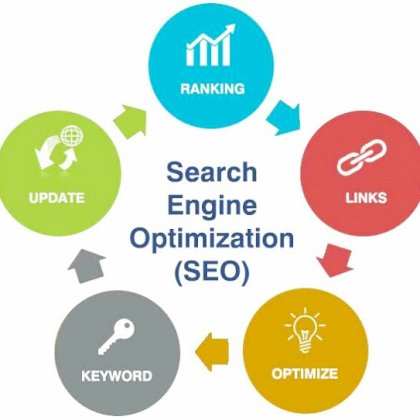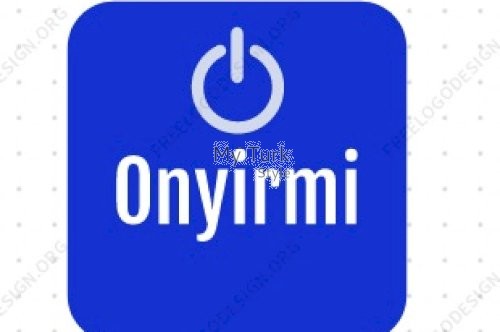Public Cloud: Public cloud platforms are third-party providers that offer computing resources over the Internet. Examples include Amazon Web Services (AWS), Google Cloud Platform, Alibaba, Microsoft Azure and IBM Bluemix.

What is a Cloud Platform?
What is a Cloud Platform? A cloud platform refers to the operating system and hardware of a server in an Internet-based data center. It allows software and hardware products to coexist remotely and at scale. So how do cloud platforms work? Companies lease access to computing services, such as servers, databases, storage, analytics, networks, software, and intelligence. Therefore, companies do not have to build and own data centers or IT infrastructure. They only pay for what they use. Take on your cloud platform challenges with CloudBolt.
Why a private cloud instead of a public cloud?
Q: Why are private clouds better than public clouds? A: A private cloud is preferable to a public cloud when data and cloud applications running in the environment need to be isolated from other networks.
Why is a private cloud better than cloud computing?
Q: Why private cloud over public cloud? A: Private cloud is preferred over public cloud when the data and cloud applications running in the environment need to be isolated from other networks. Cloud computing is often run on infrastructure that runs on data centers that are owned or controlled by corporate IT staff, while hardware providers lease and - cloud infrastructure management. When the data and the application and all the things below are calculated and energy storage is controlled by an organization for a private cloud, the success and failure, for any reason, is only the responsibility of this organization. A public cloud can provide service levels
Why do I need a private cloud instead of a public cloud?
Q: Why do I need a private cloud instead of a public cloud? A: Private cloud is chosen over public cloud when data and cloud applications running in the environment need to be isolated from the rest of the network.
What is a Hybrid Cloud Service?
Q: What is a hybrid cloud service? A: A hybrid cloud service includes digital assets from a mix of on-premises infrastructure and some assets from private or public hosted cloud environments. A common hybrid cloud service includes web servers running in the cloud with load balancers, while back-end application servers and databases are hosted on-premises to process business data. Together, this combination of IT resources spanning both public cloud and on-premises provides an application architecture that scales easily as demand increases.
Solution architects believe that a hybrid cloud platform is orchestrated to use certain resources from a publicly hosted cloud environment along with on-premises based on conditions. For example, as demand increases, some of the computing resources might be provisioned dynamically in a public cloud provider environment to handle the peak. Having the ability to execute this strategy with visibility and control is what some companies consider the holy grail: properly regulating all resources at the right time for the right usage needs, and not sacrificing performance or overspending. Related links:
Types of cloud platforms
There are various types of cloud platforms. No one works for everyone. Various models, types, and services are available to help meet different user needs. They include:
Public Cloud: Public cloud platforms are third-party providers that offer computing resources over the Internet. Examples include Amazon Web Services (AWS), Google Cloud Platform, Alibaba, Microsoft Azure and IBM Bluemix. Private Cloud: A private cloud platform is exclusive to a single organization. It is usually located in an on-premise data center or hosted by a third-party service provider. Hybrid Cloud: This is a combination of public and private cloud platforms. Data and applications move seamlessly between the two. This gives your organization greater flexibility and helps optimize infrastructure, security, and compliance.
A cloud platform enables organizations to build cloud-native applications, test and build applications, and archive, backup and restore data. It also allows organizations to analyze data. Organizations can also stream video and audio, integrate intelligence into their operations, and deliver on-demand software on a global scale.
 English
English
 Turkish
Turkish 























